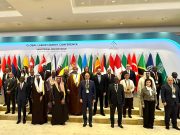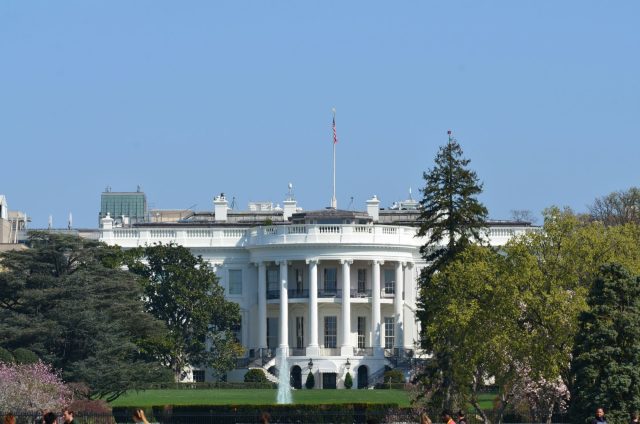WASHINGTON — President Donald Trump suggested Friday that the United States may resume nuclear weapons testing, creating international uncertainty and diplomatic friction without providing clear details about his intentions.
Speaking to reporters aboard Air Force One en route to Florida, Trump cryptically stated, “We’re going to do some testing, yeah. Other countries do it. If they’re going to do it, we’re going to do it.”
When directly asked if he meant conducting underground nuclear tests — which the U.S. has not performed since 1992 — Trump remained deliberately ambiguous, saying only, “You’ll find out very soon.”
The announcement follows recent Russian claims of testing new nuclear-powered missile systems and comes amid heightened global tensions. No country besides North Korea has conducted a nuclear weapon test explosion in decades.
International reaction was swift and predominantly critical. The United Nations strongly condemned potential testing, with Secretary-General Antonio Guterres emphasizing that “nuclear testing can never be permitted under any circumstances.”
Iran labeled the potential tests “regressive,” while a Japanese atomic bomb survivors group called the prospect “utterly unacceptable.”
Defense Secretary Pete Hegseth defended the potential testing, arguing it would ensure a “credible nuclear deterrent” and potentially reduce nuclear conflict risks.
The United States has been a signatory to the Comprehensive Nuclear-Test-Ban Treaty since 1996, which prohibits all atomic test explosions.
As of current international stockpile estimates, the U.S. maintains approximately 3,700 nuclear warheads, compared to Russia’s 4,309 and China’s 600.
The potential resumption of testing represents a significant departure from decades of nonproliferation policy, raising profound questions about global nuclear security.











